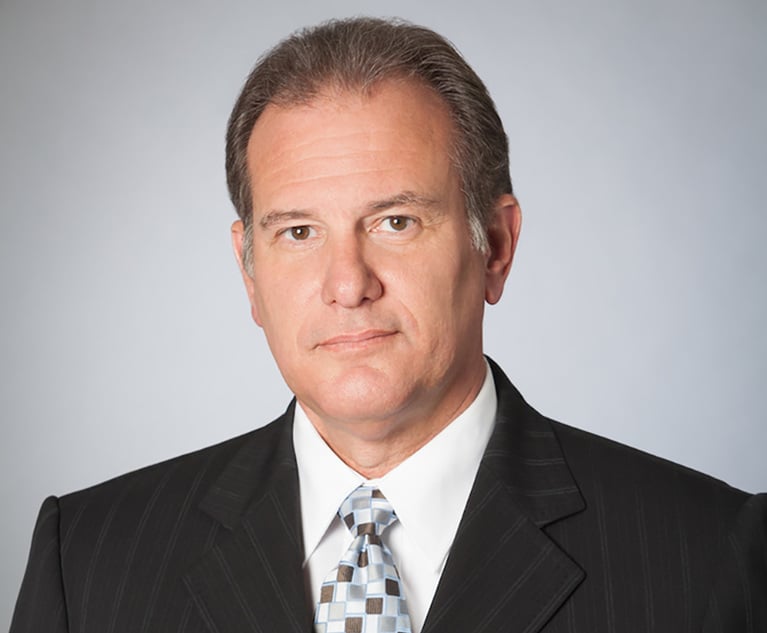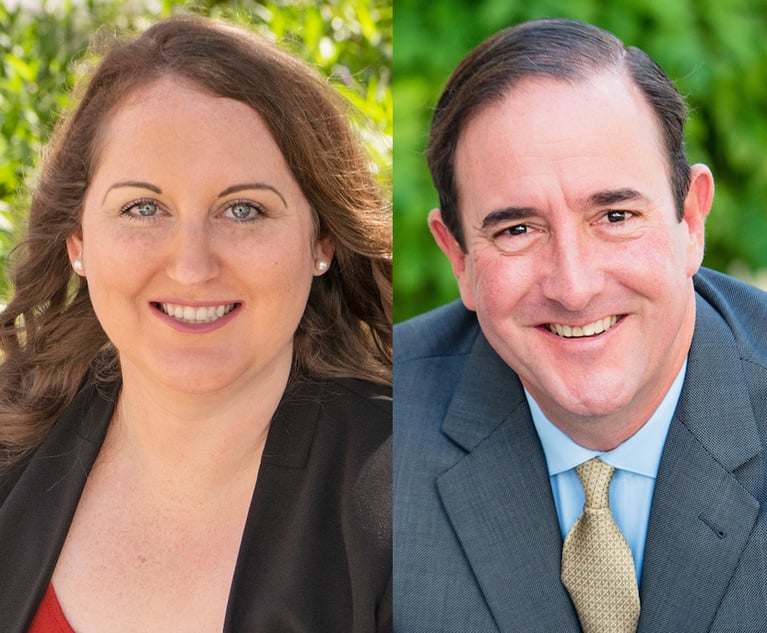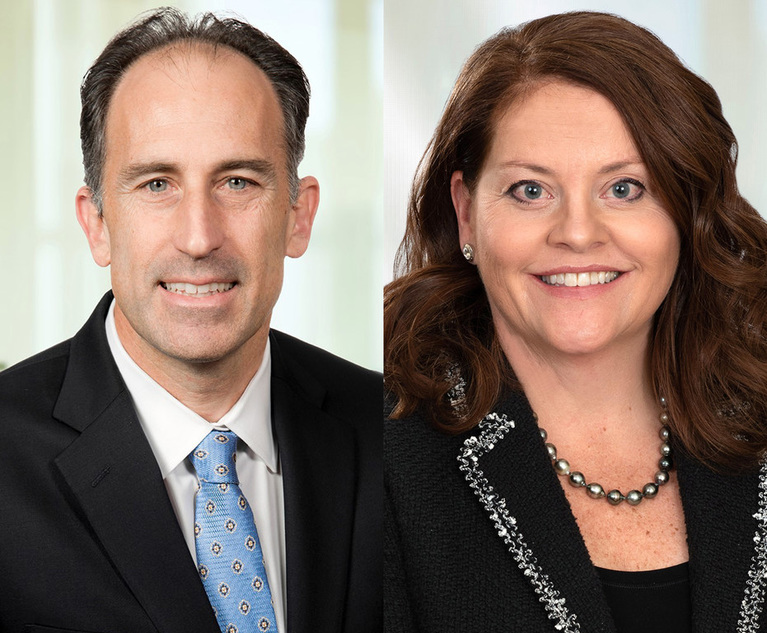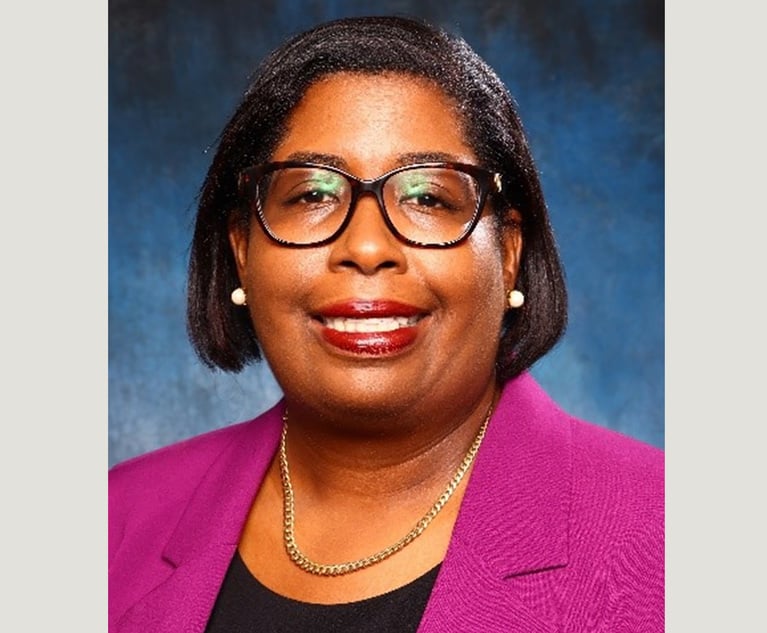There are some professions, like medicine, which may require attention on a 24-hour, seven-days-a-week basis. A medical emergency can be a real emergency, foreshadowing the potential for a life-or-death outcome. Lawyers, not to be outdone by their brethren in the medical field, have created for themselves an environment in which nonstop attention to professional endeavors has become the norm, rather than the exception. The questions are: to what extent is it necessary for lawyers to be on call 24/7, 365? Do we do this to ourselves because of our obsessive personalities? What can we do to change this condition, to recapture our lives and our well-being?
Attorneys are not typically required to rescue people from burning buildings, resuscitate heart attack victims or perform emergency surgery. Yes, there are those infrequent occasions when legal matters are emergencies, such as emergency injunctions, Baker Act petitions, emergency guardianships, death penalty appeals, bond hearings, etc. This article is not intended to negate the fact that such emergencies do happen. But we must shed light on the nonemergency daily exchanging of emails with clients and opposing counsels, preparing pleadings, answering discovery and reviewing court orders at all hours of the night—forcing our colleagues in the profession to respond to same or be left behind in the nonstop practice of law.


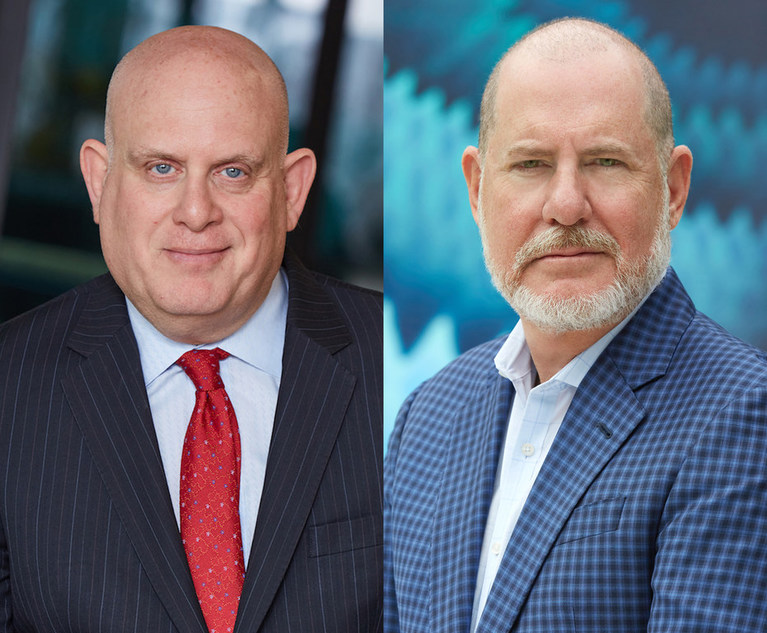 Roger Slade,left, and David B. Haber of Haber Law. Courtesy photos
Roger Slade,left, and David B. Haber of Haber Law. Courtesy photos
